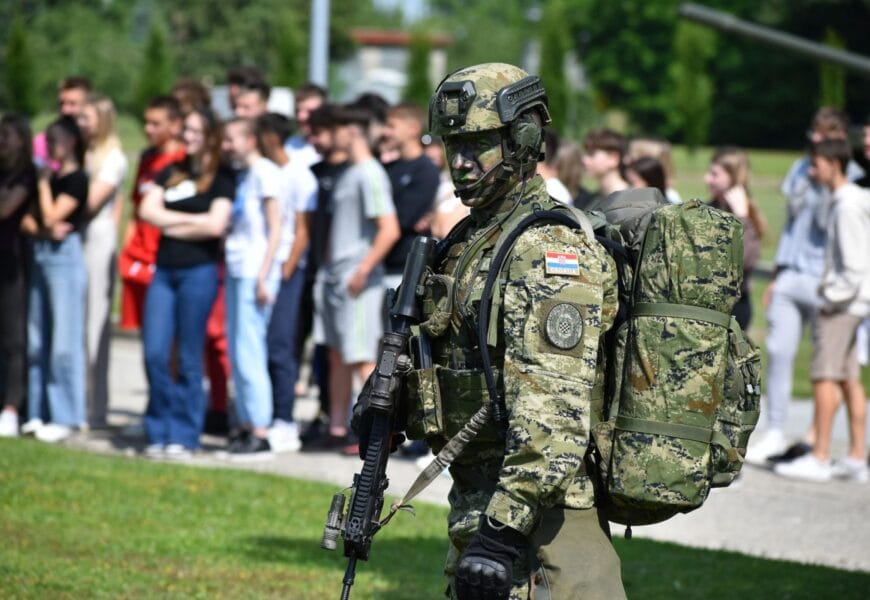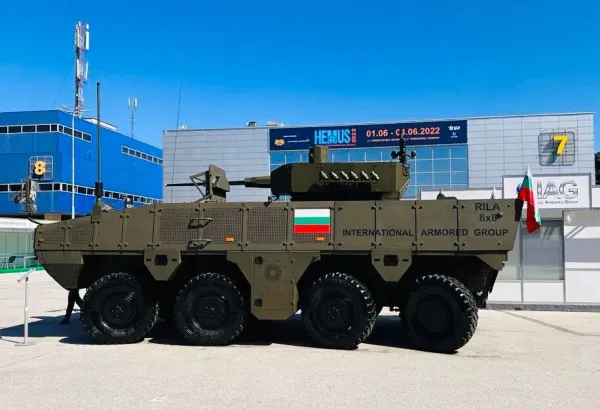Croatia Reinstates Mandatory Military Service After Nearly Two Decades
Croatia has officially reinstated mandatory military service, requiring 19-year-olds to undergo two months of basic training starting in early 2026. The move, backed by the ruling HDZ and the Homeland Movement, signals a renewed emphasis on national defense readiness.

ZAGREB — The Croatian Parliament on Friday approved amendments to the Defense Act that reintroduce mandatory basic military training, marking the country’s first return to conscription since 2008. The decision passed with 84 votes in favor, 30 abstentions, and 11 against, setting in motion one of the most consequential shifts in Croatia’s defense policy in nearly twenty years.
Under the new framework, Basic Military Training (TVO) will last two months, with the first call-ups expected by the end of this year and the initial group of recruits entering military barracks in Knin, Slunj, and Požega in early 2026. According to the Ministry of Defense, around 4,000 recruits will be called annually, divided into five training groups.
Who Will Be Drafted
All Croatian males will be entered into the military register upon turning 18, and those turning 19 will be eligible for conscription. Before being called to service, recruits will undergo medical examinations to assess their fitness for training. Whenever possible, training will take place close to the conscripts’ place of residence to simplify logistics.
Exemptions are possible for medical reasons, academic pursuits, or athletic commitments at the national or international level. Those deemed unfit or who meet specific legal criteria may be granted postponements until age 29 or be permanently exempted.
Conscientious Objection Recognized
Individuals citing religious or moral grounds for refusing military service will be allowed to perform civil protection or community service instead. The civilian alternative will last four months, compared to two months for military training.
Participants in military service will receive €1,100 per month, with the period counting toward their employment record, while those in civil service will receive a lower compensation to be defined by regulation.
Women will not be subject to conscription but may volunteer for training — a prerequisite for joining the active or reserve forces.
Penalties and Incentives
Failure to respond to a summons without a valid reason could lead to fines ranging from €250 to €1,320. Police may also be authorized to enforce attendance. Conversely, those who complete basic or voluntary military training will receive hiring preference for permanent positions in state and local institutions, under equal conditions.
Political Reactions
The vote reignited ideological and generational divisions within the Sabor.
HDZ and Homeland Movement MPs, including Ante Deur and Ivica Kukavica, defended the measure as essential to rebuilding the country’s reserve forces and strengthening national resilience amid increasing security uncertainty in Europe.
Opposition figures were less convinced. Arsen Bauk (SDP) criticized the unequal treatment of those opting for civilian service, while Dalija Orešković (DOSIP) labeled the reform a “political smokescreen,” claiming that the government failed to present a clear rationale for reintroducing conscription.
Additional Provisions
The Sabor also passed amendments to the Law on Service in the Armed Forces, expanding housing support for active-duty soldiers under 45 who lack housing in garrison cities such as Knin, Benkovac, Gospić, Petrinja, and Našice, soon to include Beli Manastir.
An amendment from the HDZ parliamentary club will now allow individuals with only a primary education to join the armed forces as soldiers or sailors, provided they complete secondary education during their initial service term, with support from the Ministry of Defense.
Meanwhile, opposition proposals — including a call to prioritize employment for healthcare workers not invoking conscientious objection in abortion care — were rejected.
Croatia’s move to reinstate conscription comes amid shifting regional dynamics and heightened focus on defense readiness across Europe. For the first time since joining NATO in 2009, Croatia is signaling that military preparedness is again a strategic national priority.





